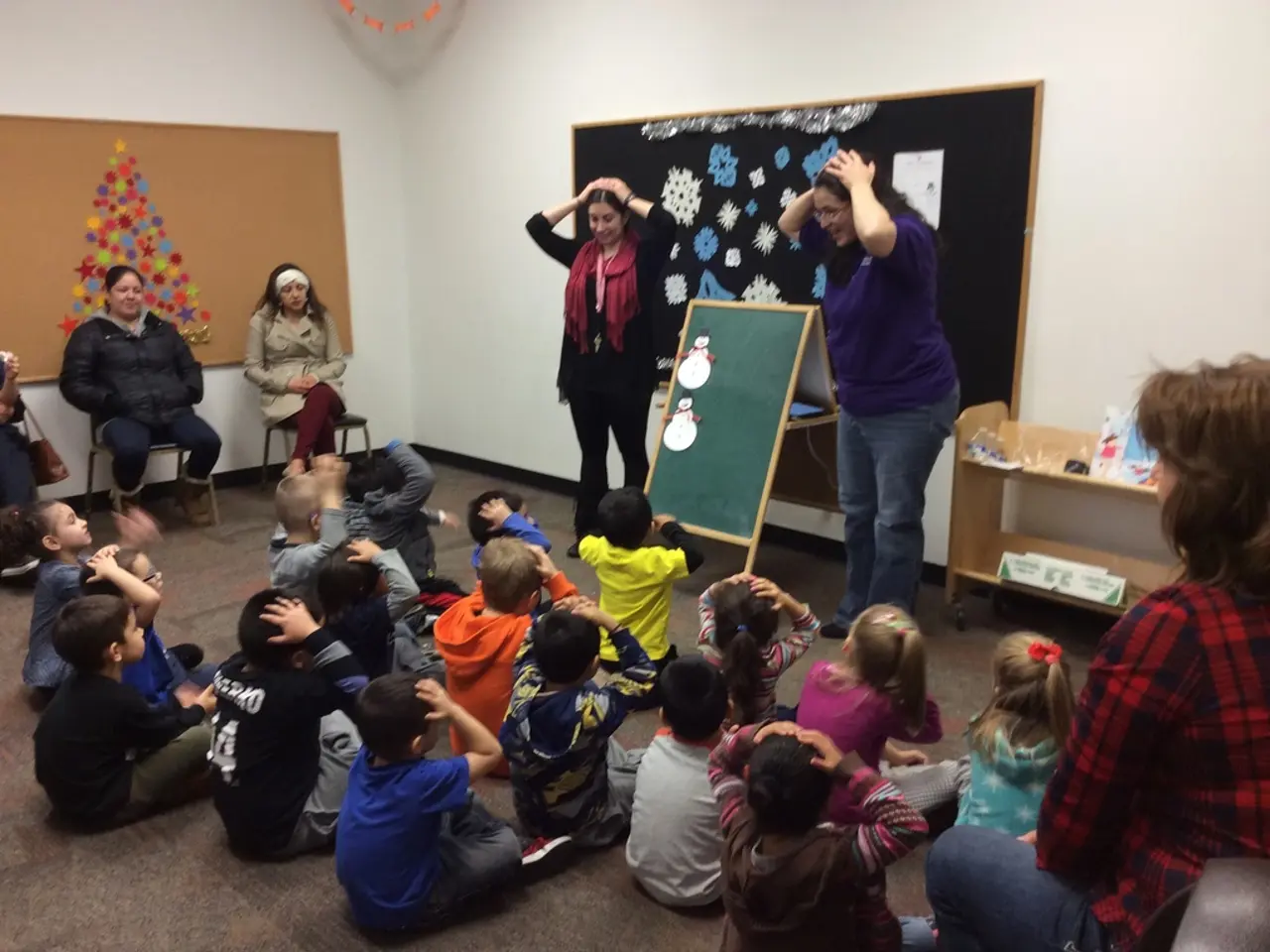Minister's Comments on 'Hate Speech' Spark Concerns
In the digital age, the line between free speech and hate speech is increasingly blurred, particularly in countries like Zimbabwe, India, and the United Kingdom. The Cyber and Data Protection Act (2021) in Zimbabwe, for instance, criminalises online speech deemed "offensive" or harmful, raising concerns that this broad definition could suppress dissent.
Journalists in Zimbabwe have faced harassment, arrest, or censorship for reporting on sensitive political issues. This has led to a chilling effect, where individuals and media self-censor out of fear of legal consequences. Zimbabwe's Constitution (2013), under Section 61, protects free speech to some extent, guaranteeing freedom of expression and freedom of the media. However, protections do not extend to hate speech or malicious falsehoods.
In the context of Zimbabwe, legitimate criticism of the government could be construed as hate speech, posing a threat to free speech. This has led to concerns that the government may use hate speech laws to suppress opposition and dissenting voices under the guise of maintaining public order and national cohesion.
International human rights standards, such as ICCPR Articles 19 and 20, permit restrictions on speech only under strict conditions, like when there is an intent to incite imminent harm. The Rabat Plan of Action outlines a six-part test to guide lawful restrictions, emphasising the need to avoid disproportionate curtailment of speech.
Instead of legal prohibition, states are encouraged to counter hate speech through education, dialogue, counterspeech, and community solidarity, which can address underlying issues without infringing on expression. In practice, however, laws against "offensive" or "insulting" speech sometimes serve to protect those in power rather than vulnerable groups, which can be abused to silence dissent and legitimate criticism.
The Minister of Information, Jenfan Muswere, has stated that he does not support hate speech. However, his remarks could potentially be used to silence voices critical of the government. In the UK, individuals have been arrested for tweets or comments deemed offensive, though they were arguably part of legitimate discourse. Similarly, in India, hate speech laws have been invoked to arrest critics of the government or religious practices.
The use of hate speech laws can stifle dialogue, as seen in Zimbabwe where there have been instances of social media shutdowns or surveillance, especially during protests or elections. In some regions like the European Union, there is active political pressure to enforce or strengthen hate speech laws despite public resistance.
In many democracies, hate speech laws are a balancing act between protecting vulnerable groups from harm and preserving freedom of expression. The United States notably rejects hate speech laws in favour of near-absolute free speech protections, only restricting speech that incites imminent violence or constitutes true threats or fighting words.
In summary, while hate speech laws aim to protect societal harmony and vulnerable groups, their application often stirs controversy for potentially suppressing free speech and dissent. Effective approaches focus on narrowly defined legal restrictions strictly tied to imminent harm and emphasise non-legislative measures like counterspeech and education to address hate without undermining democratic freedoms.
In the context of Zimbabwe, the policy-and-legislation concerning hate speech, such as the Cyber and Data Protection Act (2021), raises concerns within the general-news sphere that this broad definition could be used to suppress dissent and opposition voices, potentially infringing on freedom of expression and freedom of the media.
International discussions on hate speech, as outlined in the Rabat Plan of Action and ICCPR Articles 19 and 20, emphasize the need for narrowly defined legal restrictions tied to imminent harm and the importance of non-legislation measures like counterspeech and education to address hate without undermining democratic freedoms.







